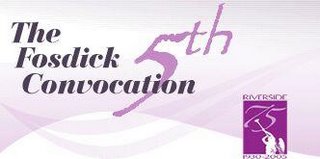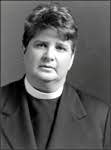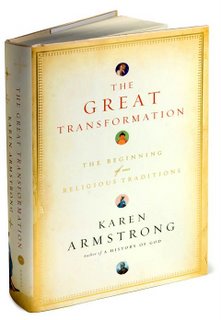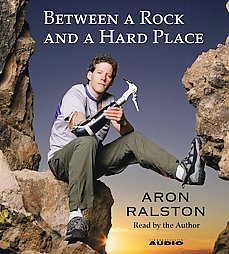As people who are joyfully and unapologetically Christian, we pledge ourselves completely to the way of Love. We work to express our love, as Jesus teaches us, in three ways: by loving God, neighbor, and self.
(Matt 22:34-40 // Mk 12:28-31 // Lk 10:25-28; Cf. Deut 6:5; Lev. 19:18)
Christian love of God includes:
1. Walking fully in the path of Jesus, without denying the legitimacy of other paths God may provide humanity;
2. Listening for God’s Word which comes through daily prayer and meditation, studying the ancient testimonies which we call Scripture, and attending to God’s present activity in the world;
3. Celebrating the God whose Spirit pervades and whose glory is reflected in all of God’s Creation, including the earth and its ecosystems, the sacred and secular, the Christian and non-Christian, the human and non-human;
4. Expressing our love in worship that is as sincere, vibrant, and artful as it is scriptural.
Christian love of neighbor includes:
5. Engaging people authentically, as Jesus did, treating all as creations made in God’s very image, regardless of race, gender, sexual orientation, age, physical or mental ability, nationality, or economic class;
6. Standing, as Jesus does, with the outcast and oppressed, the denigrated and afflicted, seeking peace and justice with or without the support of others;
7. Preserving religious freedom and the Church’s ability to speak prophetically to government by resisting the commingling of Church and State;
8. Walking humbly with God, acknowledging our own shortcomings while honestly seeking to understand and call forth the best in others, including those who consider us their enemies;
Christian love of self includes:
9. Basing our lives on the faith that, in Christ, all things are made new, and that we, and all people, are loved beyond our wildest imagination – for eternity;
10. Claiming the sacredness of both our minds and our hearts, recognizing that faith and science, doubt and belief serve the pursuit of truth;
11. Caring for our bodies, and insisting on taking time to enjoy the benefits of prayer, reflection, worship and recreation in addition to work;
12. Acting on the faith that we are born with a meaning and purpose; a vocation and ministry that serves to strengthen and extend God’s realm of love.











